Have you ever wondered, “Why does my tooth hurt when I bite down?” Whether it’s a dull ache or a sharp pain that hits when you chew, this discomfort can make everyday tasks—like eating or even talking—unbearable. Many people describe it as a tooth sore when I bite down, or that one tooth hurts when I bite down, especially when pressure is applied.
Tooth pain while biting can come from multiple causes—from simple sensitivity to deeper dental issues like cracked teeth or infections. Understanding these causes early can save you from severe pain and costly treatments later.
💡 Quick Insight: Most cases of tooth pain while biting down are related to hidden dental issues like cracks, decay, or nerve inflammation that require professional diagnosis.
According to experts from the American Dental Association (ADA), identifying the source of dental pain early helps prevent serious complications such as abscesses or bone infections.
Let’s explore the most common causes behind this troubling symptom.
- 1. Tooth Decay (Cavities)
- 2. Cracked or Fractured Tooth
- 3. Tooth Sensitivity or Worn Enamel
- 4. Gum Disease (Periodontitis)
- 5. Dental Abscess or Infection
- 6. Pain from Dental Crowns, Fillings, or Restorations
- 7. Bite Misalignment (Malocclusion)
- 8. Sinus Pressure or Infection (Sinusitis)
- 9. Tooth Grinding (Bruxism)
- 10. Tooth Trauma or Nerve Damage
- How to Relieve Tooth Pain When Biting Down
- When to See a Dentist Immediately
- Preventing Tooth Pain When Biting Down
- FAQs
- Final Thoughts
1. Tooth Decay (Cavities)
One of the leading reasons your tooth throbs and hurts when you bite down is tooth decay. Cavities develop when plaque—a sticky film of bacteria—breaks down your enamel, exposing the inner layers of the tooth.
When decay reaches the dentin (the layer beneath enamel), it increases tooth sensitivity to pressure, heat, and cold. If it progresses further to the pulp (the tooth’s nerve center), the pain becomes more intense—especially when chewing or biting down.
Signs of cavity-related tooth pain:
- Pain when chewing or pressing on the tooth
- Visible pits or dark spots on the tooth surface
- Sensitivity to sweet or cold foods
- Occasional sharp or throbbing pain
Treatment:
A dentist will usually remove the decayed portion and fill the tooth with a composite filling. In severe cases where decay reaches the pulp, a root canal may be required.
🦷 Pro Tip: Regular dental check-ups every 6 months can help detect early decay before it causes pain or damage.
2. Cracked or Fractured Tooth
If one tooth hurts when you bite down, even without visible damage, a cracked tooth might be the cause. Cracks often occur due to biting hard foods (like nuts or ice), grinding teeth (bruxism), or sudden temperature changes in the mouth.
The pain from a cracked tooth is typically sharp and occurs when you release biting pressure rather than when you apply it. This happens because the crack flexes slightly under pressure, irritating the tooth nerve.
Common symptoms include:
- Sharp pain while chewing
- Sensitivity to hot and cold
- Pain when releasing bite
- Discomfort localized to one tooth
Treatment options:
- Minor cracks: Dental bonding or veneers
- Deeper cracks: Crowns or root canals
- Severe cases: Tooth extraction if the crack reaches below the gum line
Dentists often use advanced tools like bite tests or digital imaging to pinpoint these hairline fractures.
3. Tooth Sensitivity or Worn Enamel
Sometimes, your tooth feels sore when you bite down, but there’s no visible damage. This may simply be tooth sensitivity due to enamel erosion—the gradual wearing away of your tooth’s protective layer.
Enamel erosion exposes the underlying dentin, which contains microscopic tubules connected to the tooth’s nerves. When you bite, chew, or even drink cold water, those nerves react painfully.
Possible causes of enamel erosion:
- Brushing too hard
- Acidic foods or drinks (soda, citrus, vinegar)
- Acid reflux or frequent vomiting
- Overuse of whitening products
Relief options:
- Use desensitizing toothpaste (e.g., Sensodyne)
- Avoid acidic foods and beverages
- Maintain gentle brushing with a soft-bristled toothbrush
- Use fluoride mouth rinses to strengthen enamel
💬 Quote: “If your teeth hurt when biting down but you see no cavity, sensitivity from enamel wear could be the silent culprit.”
4. Gum Disease (Periodontitis)
If you feel that your back tooth hurts when you bite down, especially along the gumline, gum disease might be responsible. Gum inflammation (gingivitis) and advanced periodontitis can cause swelling, infection, and even bone loss around the teeth.
This inflammation causes the gums to recede, exposing tooth roots. As a result, even mild pressure or chewing can lead to pain and sensitivity.
Symptoms of gum-related tooth pain:
- Swollen, red, or bleeding gums
- Persistent bad breath
- Gums pulling away from teeth
- Loose or shifting teeth
Treatment options:
- Professional dental cleaning (scaling and root planing)
- Antibacterial mouthwash
- Improved oral hygiene
- In severe cases: surgical gum therapy
According to WebMD, untreated gum disease can cause tooth loss and affect overall health, including links to heart conditions and diabetes.
5. Dental Abscess or Infection
A dental abscess is one of the most painful and serious reasons why your tooth hurts when you bite down. It happens when bacteria infect the pulp or roots of a tooth, leading to pus buildup.
The infection creates intense pressure, resulting in throbbing pain that worsens when biting. If the abscess bursts, you might taste something foul in your mouth or notice swelling in your jaw or face.
Warning signs of a dental abscess:
- Severe, continuous toothache
- Pain when chewing or touching the tooth
- Swelling in gums or face
- Fever or swollen lymph nodes
Treatment:
- Immediate dental evaluation
- Drainage of abscess
- Antibiotic therapy
- Root canal or tooth extraction if necessary
⚠️ Remember: Never ignore swelling or constant throbbing tooth pain—it can indicate a spreading infection that needs urgent dental care.
6. Pain from Dental Crowns, Fillings, or Restorations
If your crown tooth hurts when you bite down, the issue might not be the tooth itself but the dental restoration. Crowns and fillings sometimes sit too high or become slightly loose over time, which changes your bite pattern and causes uneven pressure on one tooth.
When that happens, you’ll feel a sharp pain every time your upper and lower teeth meet—especially during chewing.
Other reasons a crowned tooth may hurt:
- Decay under the crown (secondary cavity)
- Infection in the tooth pulp
- Cement leakage or crown fracture
- Loose crown or faulty bonding
How to fix it:
Your dentist may check the crown’s fit using bite paper, X-rays, or a 3D scanner. If the crown is too high, they can polish it down to restore balance. In case of infection, a root canal or crown replacement might be required.
💬 Note: “A poorly fitted crown or filling can make a healthy tooth feel sore—it’s not always decay causing the pain.”
7. Bite Misalignment (Malocclusion)
Even a slight shift in how your teeth meet can cause discomfort when biting down. Bite misalignment—technically called malocclusion—can put excess pressure on one or more teeth, leading to soreness or even enamel wear.
Common reasons include:
- New dental fillings or crowns that alter bite balance
- Grinding or clenching (bruxism)
- Missing teeth changing how the jaw aligns
- Natural shifting of teeth over time
Symptoms:
- Pain in one or several teeth while chewing
- Headaches or jaw tension
- Clicking or popping in the jaw joint
- Uneven tooth wear
Treatment options:
- Bite adjustment: Minor reshaping of high points on teeth
- Night guard: For clenching or grinding
- Orthodontic treatment: Braces or aligners for major misalignments
According to the Mayo Clinic, untreated bite alignment issues can also lead to TMJ (temporomandibular joint) disorders, contributing to facial and neck pain.
8. Sinus Pressure or Infection (Sinusitis)
If your upper back teeth hurt when you bite down, but the gums and teeth appear healthy, the pain may actually come from your sinuses, not your mouth.
The roots of your upper molars sit very close to the sinus cavities. When you have a sinus infection (sinusitis), the inflammation and pressure can press down on these tooth roots, mimicking tooth pain.
Common sinus-related symptoms:
- Pressure or fullness under eyes and cheeks
- Pain worsens when bending over
- Nasal congestion or runny nose
- Several upper teeth hurt together
What to do:
- Treat sinus infection with prescribed antibiotics or decongestants
- Use a saline nasal rinse
- Stay hydrated and rest
Once the sinus infection clears, the tooth pain typically disappears too.
🦠 Note: “If several upper teeth hurt suddenly and you also have congestion, your sinuses may be the real culprit—not your teeth.”
9. Tooth Grinding (Bruxism)
If your tooth throbs and hurts to bite down in the morning, nighttime teeth grinding could be to blame. Many people grind or clench unconsciously during sleep, putting tremendous pressure on teeth and jaw muscles.
Over time, bruxism can cause enamel erosion, microcracks, and gum recession—all of which make teeth sensitive to pressure and chewing.
Typical signs include:
- Sore jaw on waking up
- Flattened or chipped teeth
- Headaches or neck tension
- Tooth sensitivity when biting or brushing
Treatment:
- Wear a custom night guard
- Manage stress (meditation, exercise)
- Avoid caffeine or alcohol before bed
- Practice jaw relaxation exercises
The American Dental Association notes that untreated bruxism can even lead to cracked restorations and TMJ pain.
10. Tooth Trauma or Nerve Damage
Sometimes, one tooth hurts when you bite down because of an old injury or nerve inflammation (pulpitis). Even if a tooth looks fine externally, past trauma—from a fall, sports impact, or hard bite—can damage the internal pulp.
Symptoms of nerve-related pain:
- Persistent throbbing
- Sharp pain on pressure
- Sensitivity to hot/cold lasting over 30 seconds
- Darkening of the tooth
Treatment options:
- Mild inflammation: Fluoride and desensitizing toothpaste
- Severe inflammation: Root canal therapy to remove the damaged nerve
- In extreme cases: Extraction
⚠️ Important: “If pain lingers after chewing or continues at night, it often points to a nerve issue requiring prompt dental attention.”
How to Relieve Tooth Pain When Biting Down
While the right treatment depends on the underlying cause, there are steps you can take at home for temporary relief before visiting your dentist.
Home Remedies for Temporary Relief
- Rinse with Warm Salt Water – Reduces bacteria and inflammation.
- Apply a Cold Compress – Numbs sharp pain and minimizes swelling.
- Avoid Hard or Sticky Foods – Prevents further pressure on sore teeth.
- Use Desensitizing Toothpaste – Especially for enamel erosion or minor sensitivity.
- Over-the-Counter Pain Relievers – Ibuprofen or acetaminophen can help (follow recommended dosage).
💡 Pro Tip: Avoid using aspirin directly on gums—it can burn tissues and worsen irritation.
When to See a Dentist Immediately
You should schedule an appointment right away if you notice any of the following:
- Severe or constant throbbing pain
- Visible swelling or pus around gums
- Tooth discoloration or looseness
- Pain when you’re not eating or biting
- Fever or general unwellness
These may indicate infection or deep decay that can’t heal on its own. Early intervention prevents complications and preserves your natural tooth structure.
Preventing Tooth Pain When Biting Down
Simple daily habits can help protect your enamel, gums, and dental nerves:
- Brush twice daily with fluoride toothpaste
- Floss regularly to prevent gum disease
- Limit acidic or sugary foods
- Get routine dental checkups every 6 months
- Wear a mouthguard if you grind your teeth
- Replace old or damaged fillings promptly
FAQs
Why does one tooth hurt when I bite down but not others?
If only one tooth hurts when you bite down, it often means there’s a localized issue such as a cracked tooth, deep cavity, or inflamed nerve. Sometimes, even a loose dental crown or minor gum infection can cause pain in a single tooth when pressure is applied.
Why does my back tooth hurt when I bite down or chew?
Your back tooth may hurt when you bite down due to decay, a damaged filling, or a tooth abscess under the molar. Sometimes, uneven bite pressure or clenching your jaw can irritate nerves and cause throbbing pain when chewing on one side.
Why does my crown tooth hurt when I bite down?
If your crown tooth hurts when you bite down, the underlying tooth or root may still have sensitivity or infection. It can also happen if the dental crown is slightly misaligned or if decay develops under the crown’s edges, leading to pressure pain or sensitivity.
Why does my tooth throb and hurt to bite down after a filling or crown?
Tooth throbbing after dental work usually means the tooth’s pulp is irritated or inflamed. Sometimes the filling or crown is too high, causing extra pressure when you bite. If pain lasts more than a few days, your dentist may need to adjust or check for deeper infection.
How can I stop my tooth from hurting when I bite down at home?
While you should always see a dentist for persistent pain, you can ease discomfort by avoiding hard foods, using saltwater rinses, and applying a cold compress. Over-the-counter pain relievers can help temporarily until your dentist identifies the root cause.
Final Thoughts
Tooth pain when biting down isn’t something to ignore. Whether it’s due to a cracked tooth, infection, crown issue, or sinus pressure, finding the cause early can save you from severe discomfort—and expensive dental work later.
Modern dentistry offers effective solutions for every type of dental pain, from simple fillings to advanced root canal therapy. But prevention through consistent care and regular checkups remains the best medicine.
🦷 Remember: “Your tooth pain is your body’s signal that something’s wrong—listen to it early before it becomes serious.”
Disclaimer: The content provided in this article is for educational and informational purposes only. It does not substitute professional medical advice, diagnosis, or treatment. For guidance specific to your dental condition or recovery, please consult your dentist, oral surgeon, or licensed healthcare provider.

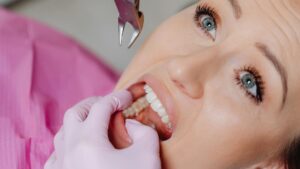

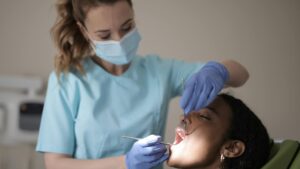



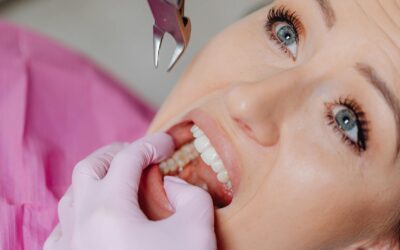

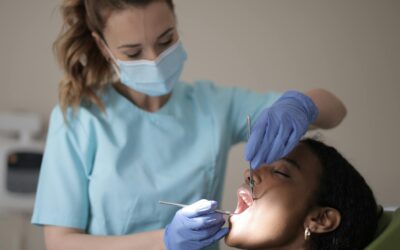


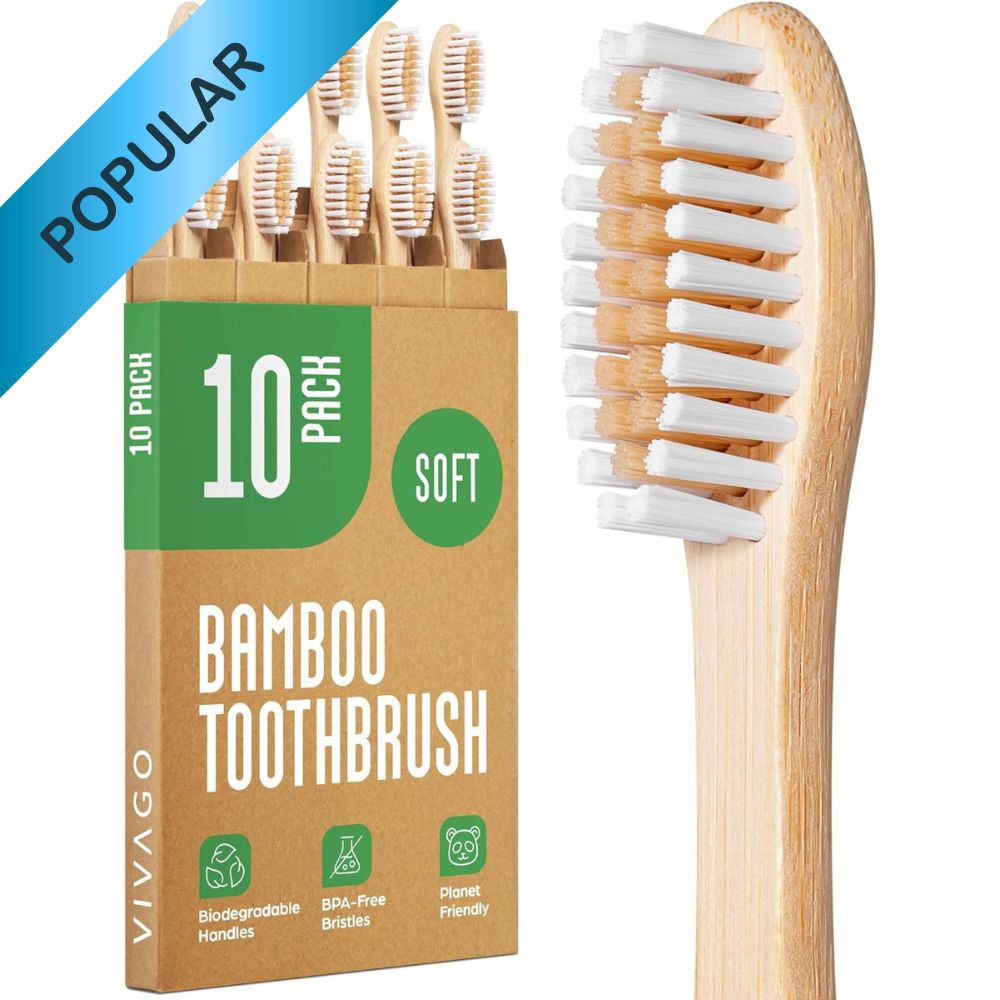




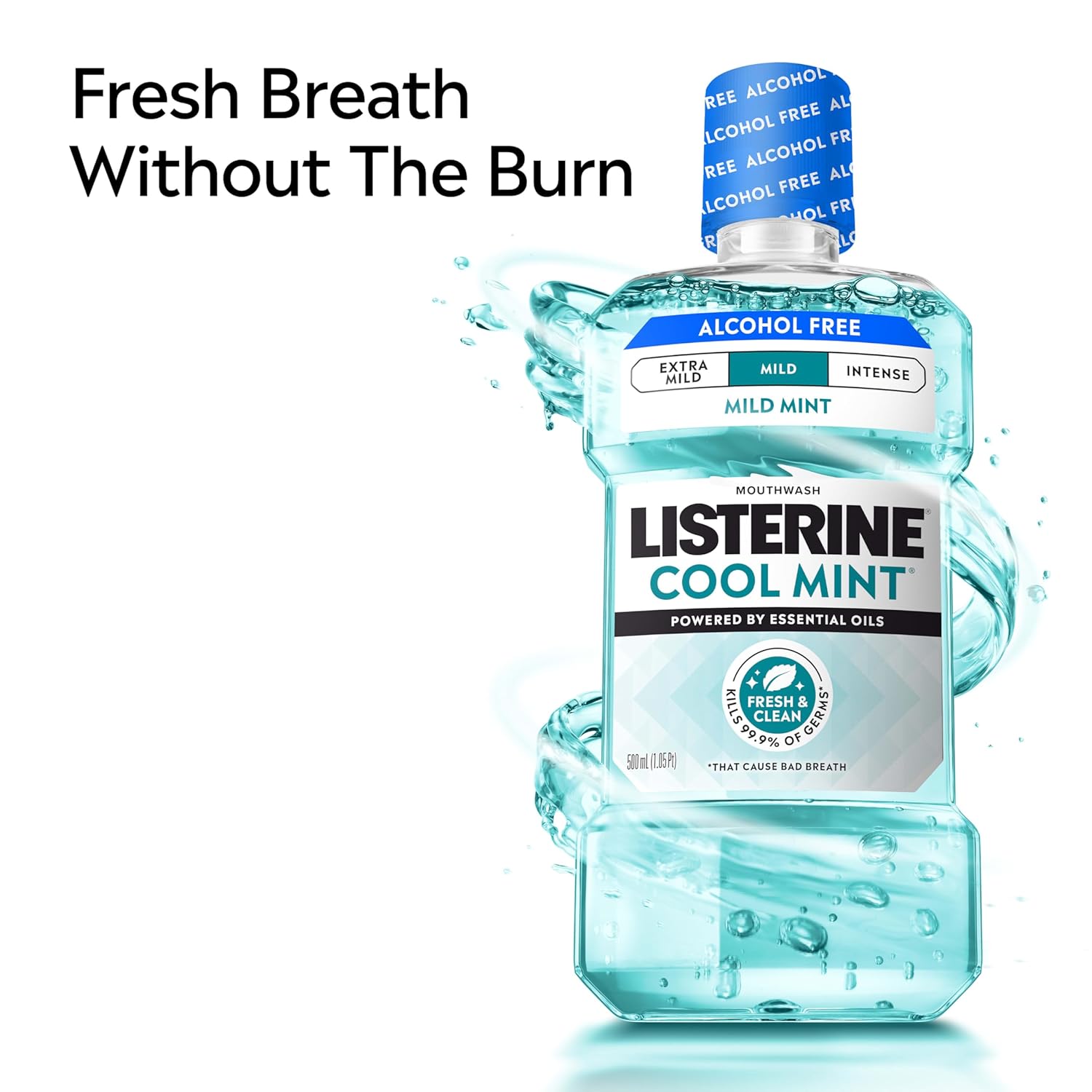
0 Comments